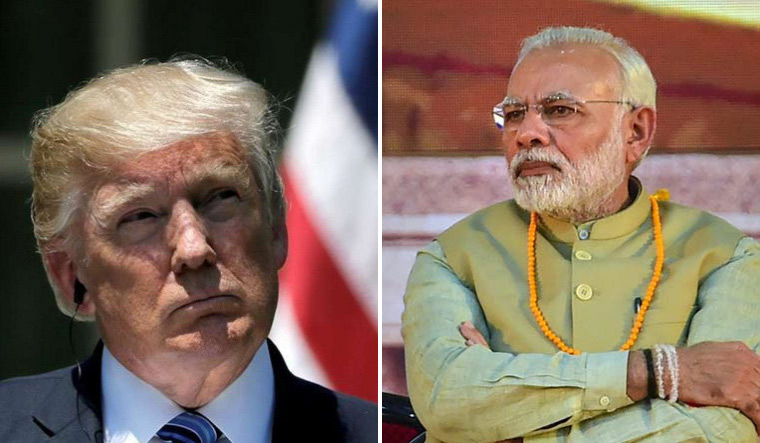India's recent policies on data localisation and new FDI norms in e-commerce might soon be met with an unprecedented backlash from the US. According to a report by Reuters, the US is considering withdrawing zero tariff concession to items exported from India to the country. An announcement regarding this is expected in a couple of weeks.
Currently, India enjoys zero tariffs on $5.6 billion worth of exports to the US, under the Generalised System of Preferences (GSP). The Reuters report says that the US was considering withdrawing or scaling back the preferential arrangement, people familiar with the matter said. The US Trade Representative (USTR), the US trade body, was completing a review of India’s status as a GSP beneficiary.
“(The two sides) were trying to sort out the trade package, but were not able to actually finish the deal. In the meantime these other things, data localisation and e-commerce, have come along,” one of the sources told Reuters. “In a sense it’s like someone has rained on the parade.”
India is the world’s largest beneficiary of GSP, a scheme that has been in force since the 1970s. If retaliatory actions are enforced, this would be the strongest punitive action against India since President Donald Trump took office in 2017 vowing to reduce the US deficit with large economies.
It is to be noted that Trump has repeatedly called out India for its high tariffs. Exactly a year ago, Trump had voiced his displeasure over high tariffs India imposed on Harley-Davidson motorcycles imported from the US.
READ: Trump accuses India of charging 100 per cent tariff on some imports
However, India’s new rules on e-commerce restricting foreign companies from investing in Indian e-commerce firms is the trigger for the latest retaliation from the US. According to the new FDI rules, online marketplaces that have foreign investments have been barred from offering products of sellers in which they hold a stake and ban exclusive marketing arrangements. Another clause states that the inventory of a vendor will be seen as controlled by a marketplace, if over 25 per cent of the vendor's purchases are from the marketplace entity, including the latter's wholesale unit.
Though announced in December 2018, the new rules had kicked in from February 1. Both Amazon and Flipkart had extensively lobbied with government officials seeking an extension in deadline. However, the government did not relent.
Small traders have, in the past, complained that deep discounts offered by e-commerce firms were hurting their business. Various trader bodies had also alleged that these entities were giving preferential treatment to certain sellers.
The new FDI rules are seen as a move by the Narendra Modi government to win over small traders ahead of the general elections 2019, which is round the corner. Many opinion polls have predicted BJP not securing a clear mandate in the summer elections.
Another bone of contention between US firms and the Indian government has been the latter's proposals to force foreign companies to store more of their user data locally, in a bid to better conduct legal investigations. Various lobby groups from the US had voiced concerns about these proposals, for which negotiations are still under way.


